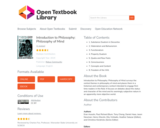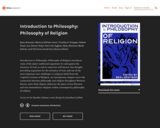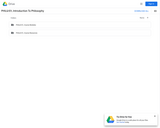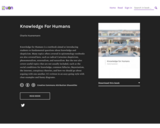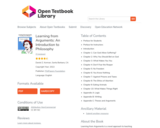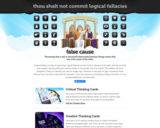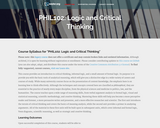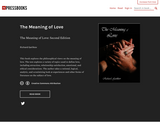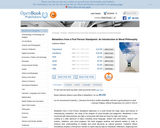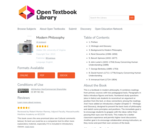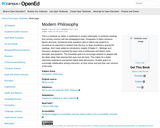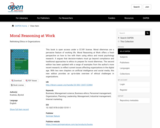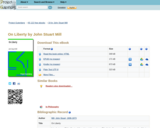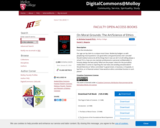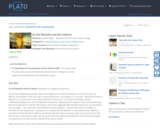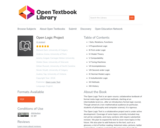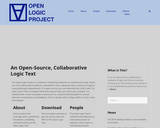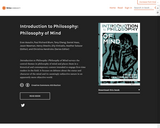
Introduction to Philosophy: Philosophy of Mind (edited by Heather Salazar) surveys the central themes in philosophy of mind and places them in a historical and contemporary context intended to engage first-time readers in the field. It focuses on debates about the status and character of the mind and its seemingly subjective nature in an apparently more objective world.
Written by experts and emerging researchers in their subject areas, each chapter brings clarity to complex material and involves the reader through a wealth of examples. Many chapters include applications of the concepts to film and literature that will stimulate readers to firmly grasp the significance of the philosophy of mind. Subjects covered are how the mind fits into the material world and how to analyze its properties. In that vein, substance dualism, materialism, behaviorism, functionalism, and property dualism are all explored.
In addition, it includes insightful contributions on how to explain seemingly subjective feelings, the mystery of consciousness, conceptual understanding of the world outside of the mind, and free will. The book is designed to be used alone or alongside a reader of historical and contemporary original sources.
If you are adopting or adapting this book for a course, please let us know on our adoption form for the Introduction to Philosophy open textbook series: https://docs.google.com/forms/d/e/1FAIpQLSdwf2E7bRGvWefjhNZ07kgpgnNFxVxxp-iidPE5gfDBQNGBGg/viewform?usp=sf_link.
- Subject:
- Arts and Humanities
- Philosophy
- Material Type:
- Textbook
- Provider:
- Rebus Community
- Author:
- Christina Hendricks
- Daniel Haas
- Elly Vintiadis
- Eran Asoulin
- Heather Salazar
- Henry Shevlin
- Jason Newman
- Paul Richard Blum
- Tony Cheng
- Date Added:
- 09/25/2019
